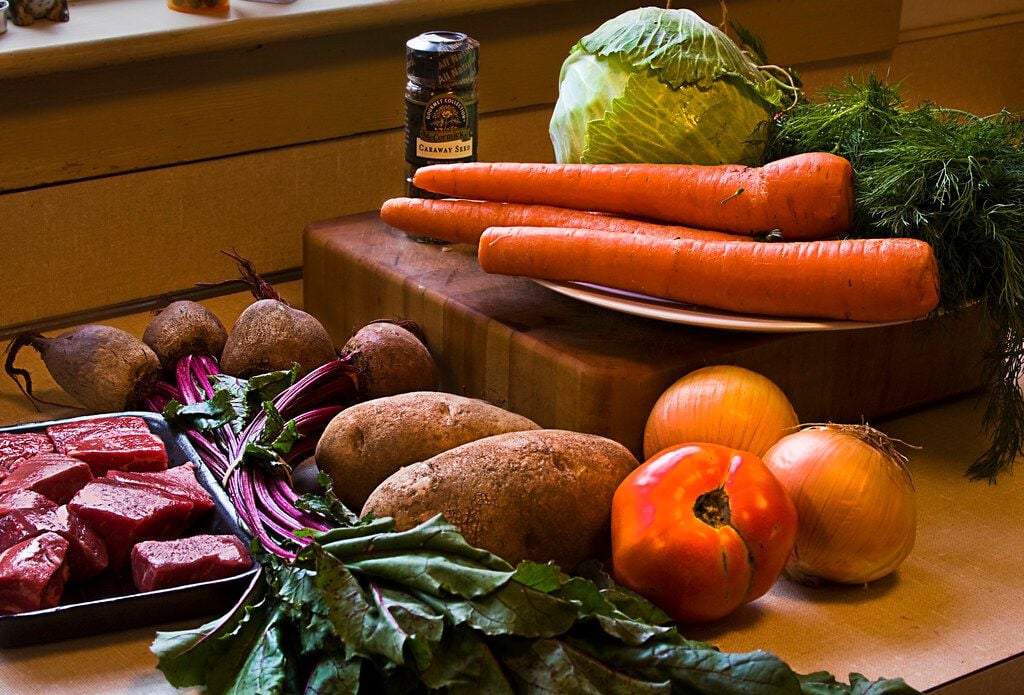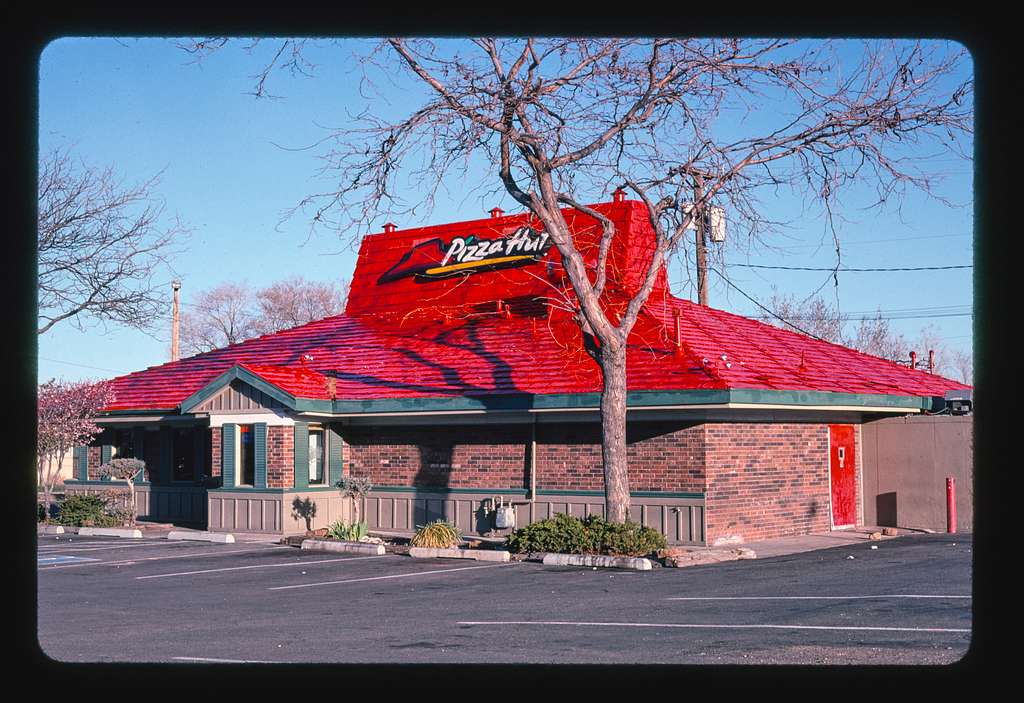
Brewers are Learning to Embrace the Flavors of Nature
- Sep 6, 2024
Brewer's worldwide are drawing their attention to botanicals as a means to introducing unique flavors into their beers. Previously a niche practice in some farm breweries, the blend of Earth's flora into these drinks has begun to pique the interest of more and more producers overrun with the thirst for innovation. It's a timely trend, catering to the desire of consumers eager for complex flavors rooted in natural elements - the kind that remind them of lavender-fusedLatte or the intense herbal arrangement in their favourite amari. Then, it's probable that these blends can prompt a sensational pause from the intensely bitter, hop-infused beers or those oversaturated with sickly sweet candy-like tastes.
"Are more consumers seeking out botanical beers, or are we as brewers growing more quickly drawn to these flavors through other liquors, such as the new-age gin or amaro, and then experimenting with these tastes through our beer brewing processes?", Matt Levy, master brewer at Threes Brewing, ponders, signifying the rise of botanically-enhanced beers as an interesting paradox.
Scratch Brewing Company co-owner, Marika Josephson, reports that consumers are growing weary of the monotonous hop-taste in beers and are excitedly turning to unique liquors like botanical amari. This growing excitement is then echoed in beers around the globe.
Sarah Young, owner and executive vice president at Wild Heaven Beer in Atlanta, has a preference for brightening her beers with Earth's organic, seasonal produce over artificially enhancing them by adding more flavors from coconut chocolate bars to the brew. “We've become too acclimatized to complicating beers with additives that tend to dilute the original flavours,” Young notes.
Brewers are getting creative in sourcing botanicals, with techniques varying based on their reality. A brewery might self-grow the botanicals, forage in the wild if the available land permits, or collaborate with more rural breweries, local farms, or gardens. The array of choices available dictate what kind of beer is brewed, often superseding style constraints. It's much about seizing the moment, celebrating the blossoms of the time, and then marrying them suitably with everything else on the brewer's plate.
Bronze award-winning brewer Evan Watson, head brewer and co-owner at Plan Bee Farm Brewery, during a recent garden tour where he's growing Thai chilis, Thai basil and lemongrass, mused about brewing a "Thai curry" beer. At this brewery, the thought process revolves more around how to make the locally grown and sourced ingredients shine in the beer instead of adhering to pre-defined beer styles.
At Austin's Jester King, they often brew beers born out of meanders and foraging trips, sometimes in collaboration. They recently brewed Abscission, an ale in association with Scratch Brewing Company, which adopted elements from grapevines, spicebush, juniper, laurel, sassafras and fallen leaves.
Brewing botanical beers does bring forth a fair bit of challenges, like unexpected notes from some elements, like lavender yielding a hint of cinnamon, or the right amount of lemon verbena to avoid it tasting soap-like. But brewers such as Watson and Josephson relish the challenge. They see it as an opportunity to tinker with these botanicals in the same way they'd experiment with hops, selecting the right stages of the beer's boil to extract the ideal flavors.
This trial and error pays off, as it allows the brewers to create a unique type of beer that tells the story of a moment captured from foraging in two different states. This sense of localism underscores the original driving force of craft beers: to drink what’s local and fresh. By incorporating botanicals grown or found near a brewery’s location, the beer gains a sense of place or 'terroir' that resonates with consumers.
As Matt Levy from Threes Brewing points out, people want a connection to what’s local, and breweries using locally-sourced ingredients tap into this desire and, so, the narrative of the drink unfolds. By adding botanicals to the process, brewers give their beers a “time stamp” of when they were made, highlighting the seasons and the rich variety of nature.






